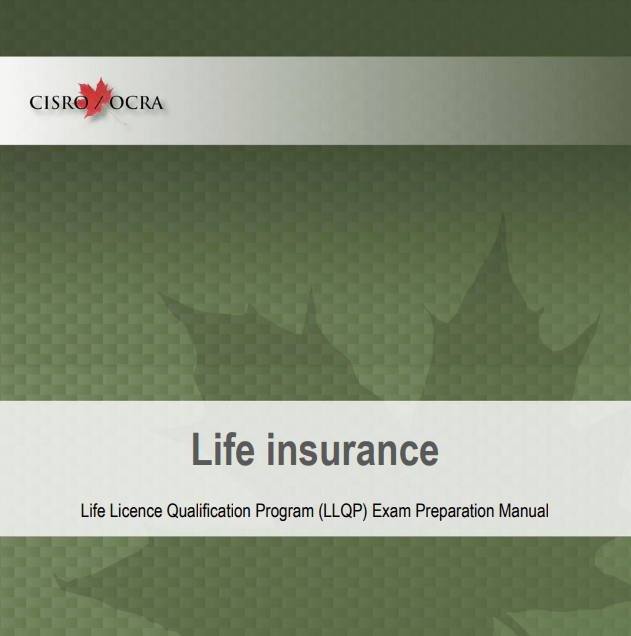
What Every Mortgage Agent Must Know About A Mortgage Transaction
Brokering a mortgage transaction involves several key participants in the mortgage industry. Before the process of brokering a mortgage transaction can be examined, it is important to answer a basic question:
Who is the client?
Let us begin answering this question by revisiting the definition of a mortgage broker.
Mortgage Broker / Agent
A practicing professional who assesses a borrower’s financial goals with respect to real estate financing and after detailed analysis provides solutions to meet those goals by acting as an intermediary with the appropriate lending source. In determining the “appropriate lending source,” two facts are assumed: one, that the client is appropriate for the lender and two, that the lender is appropriate for the client.
Therefore, by this definition a mortgage agent has two clients: the borrower and the lender. Let’s explore this further by describing in more detail why the lender and borrower are both clients.
Mortgage brokering in Ontario is regulated by the Financial Services Commission of Ontario (FSCO) and requires a license. To obtain a license you must first pass an accredited course. The Real Estate and Mortgage Institute of Canada Inc. (REMIC) is accredited by FSCO to provide the course. For more information please visit us at www.remic.ca/getlicensed or call us at 877-447-3642
Borrower
A mortgage agent finds the appropriate lender for his or her borrower; therefore the borrower is obviously a client. Mortgage agents promote that they will obtain the best mortgage for a borrower, implying that they work for the borrower. While in some cases a mortgage agent will charge a fee directly to the borrower, in the vast majority of cases agents are compensated by the lender in the form of a finder’s fee or commission. This could potentially result in a mortgage agent getting a borrower a mortgage with a lender because the lender pays a higher finder’s fee and not because it is in the best interests of the borrower.
If, however, the mortgage agent follows the definition of a mortgage broker illustrated above as well as adheres to the four borrower expectations in the section entitled, “The Role of the Mortgage Agent as Advisor,” the mortgage agent will undoubtedly act in the best interests of the borrower in all cases.
Lender
Once a mortgage agent has decided on the most appropriate lender for his or her borrower, the agent must ensure that the borrower meets all of the lender’s guidelines. In other words, the agent must ensure that the borrower is appropriate for that lender. Therefore, since the agent has a duty to the lender, the lender is also the client, whether or not the lender is paying the agent a finder’s fee or commission, or the agent is charging a fee directly to the borrower.
You may also be interested in our article about managing your client database: Close More Deals By Leveraging Your Client Database
Here’s how to win at your next client meeting: How to Win a Face-2-Face Client Meeting
Looking to get more referrals? Read our article: 8 Dynamite Ways to Get More Mortgage Referral Sources
If you found this article helpful, please share it with your community!







